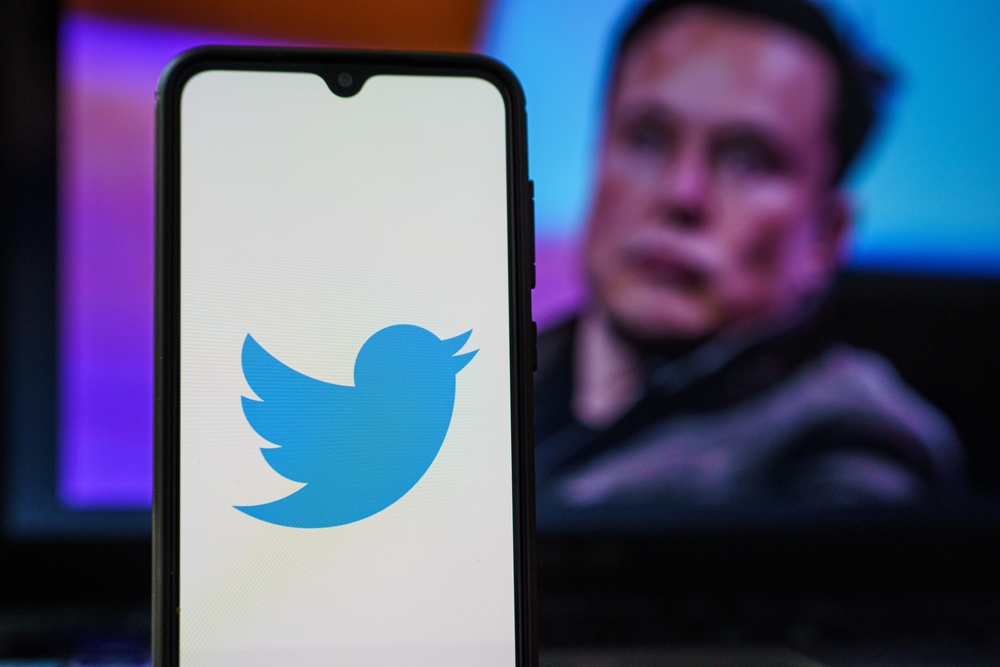Elon Musk is buying Twitter – so what happens next?
Elon Musk’s $44bn purchase of Twitter seemed utterly improbable as recently as early April, but perhaps we shouldn’t be surprised that it has ultimately gone through. After all, Musk is a typical Twitter user – which is to say, unpredictable, irreverent, and prone to picking fights. Whether his targets are fellow tech billionaires or random members of the public seems not to matter to him all that much.
Like many of the platform’s users, one of Musk’s longest-running feuds has been with Twitter itself. Alongside frequent criticisms of the platform’s functionality (the lack of an edit button, for instance), he’s launched outlandish broadsides against key figures in the company, including photoshopping CEO Parag Agrawal’s face onto a picture of Joseph Stalin. It’s not hard to believe Musk’s own admission about where he posts most of his tweets.
But when it came to his decision to buy Twitter, there was one complaint that Musk placed front and centre – that Twitter is restricting free speech.
So what does this tell us about what a Musk-owned Twitter will look like? Understandably, brands might be nervous about the prospect of a platform looking to limit moderation – especially given how much work Twitter has put into making the platform safer.
The history of social media platforms that have billed themselves as supporting free speech is inauspicious, to put it mildly. The microblogging service Parler described itself as “the world’s premier free speech social media platform,” but it quickly ended up a haven for hate speech and conspiracy theories. Donald Trump’s own attempt to corner the market, the dubiously named Truth Social, currently lacks key features and, more importantly, continues to moderate some content.
It is likely that Musk – who specifically attributes Truth Social’s existence to Twitter’s restrictive attitudes – will find it easier said than done to promote free speech on the platform. In the absence of any rules, social media platforms tend to quickly descend into a wild west of extreme content. Needless to say, this will quickly drive away most users and cause significant legal issues. This means that Musk’s Twitter, like any other large-scale social media platform, will have to decide where to draw the line for acceptable content – a notoriously difficult decision to make, and one that’s even harder to automate.
For brands looking to reach Twitter’s 200 million daily active users, the push toward a looser approach to moderation will likely be a red flag. The prospect of your brand’s posts appearing alongside harmful or threatening content will be a no-go for most, and rightly so. And with a broader public shift toward supporting brands that champion diversity and inclusion, Twitter becoming more unsafe for marginalised communities will be a step in the wrong direction.
But perhaps the main issue is this: nobody can tell how serious Musk is about any of this. Even if you find his commitment to Twitter acting as a “digital town square” admirable, guessing how this might translate into specific policy changes is virtually impossible. Like many a Twitter troll, he seems to be mostly interested in “maximum fun” – which usually means fun for him.
And what about that edit button?
